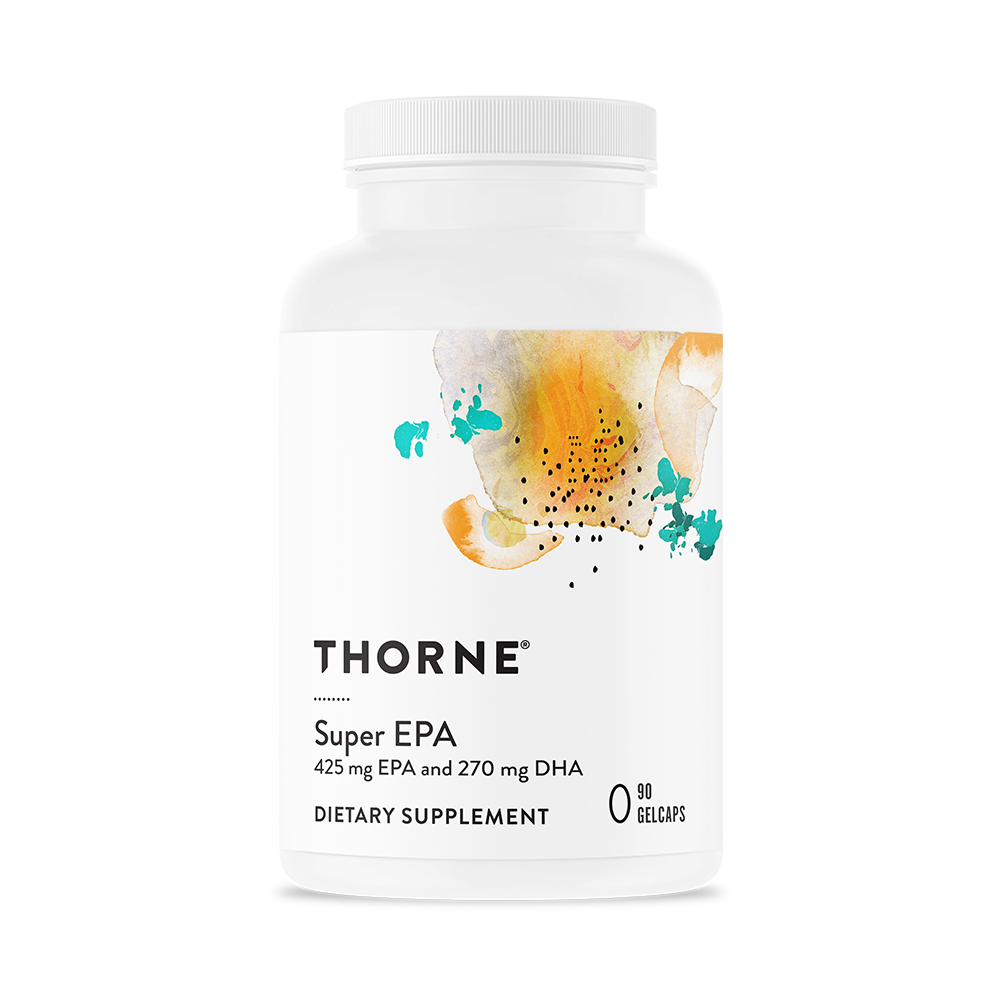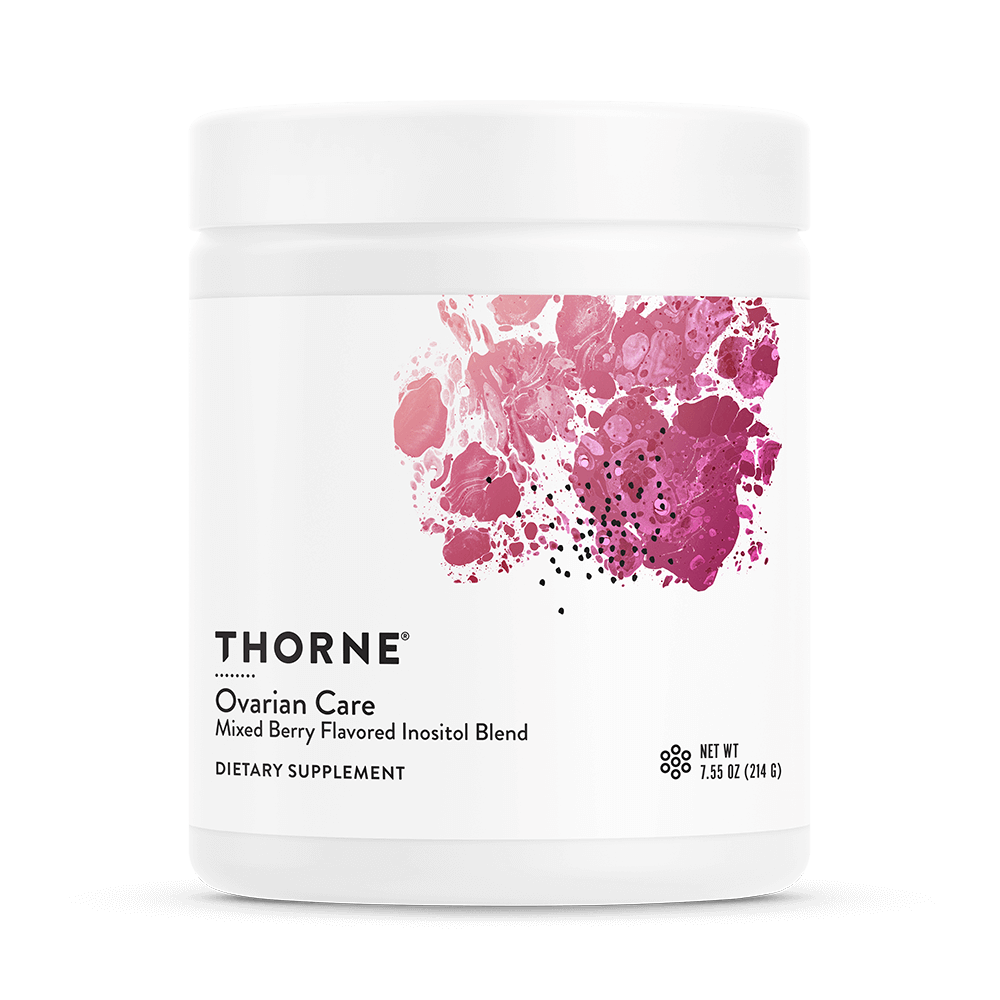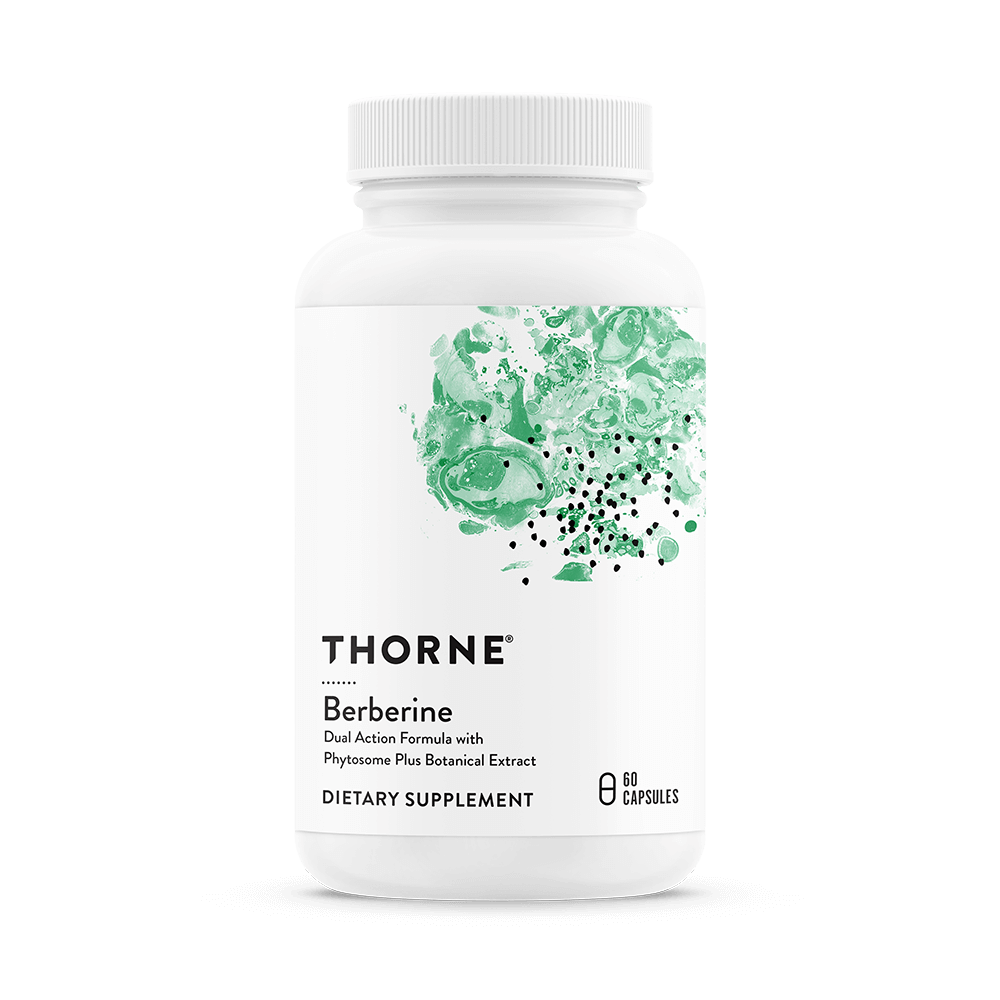Are you 1 of the 10 million women managing PCOS? Yes, you heard that right! An estimated 10 million women have PCOS (polycystic ovarian syndrome), and about half of these women are unaware that they have the condition. PCOS, a hormonal disorder, varies but common symptoms include:
- amenorrhea (missed periods)
- hirsutism (hair growth, particularly in the face, inner thighs, and belly)
- excess weight
- infertility
- acanthosis nigricans (dark, discolored patches on the skin)
- alopecia (hair loss from the head)
These symptoms are certainly not all-inclusive. Many women managing PCOS also have insulin resistance, putting these women at risk for diabetes, at no fault of their own. Finding the balance in managing PCOS can be difficult and there may be some PCOS nutrition tips that can help. If you are dealing with PCOS, you may presently be wondering if there is a specific diet or nutrition plan that might help.
PCOS Nutrition Tips
If you have PCOS, know that you can improve symptoms, especially insulin resistance, with a few changes in your eating patterns. Let’s talk about PCOS nutrition tips and habits that you can start to adopt today to help manage your symptoms better.
1. Choose protein at every meal and snack
Including a source of protein at meal and snack times helps to keep blood sugar levels stabilized throughout the entire day. Protein is also helpful in keeping your cravings down. Try using lean sources of protein, like legumes (beans and peas), fish, or poultry for managing PCOS.
2. Incorporate color at each meal and snack
Eat a variety of colors throughout the day. Having some color at meals or snacks means having a source of fruits and/or vegetables on your plate. Each color comes with unique nutrients and antioxidants to help your body function at its best. Aim for at least five different fruits or veggies per day!
3. Add in some whole grains for PCOS management
Boost your intake of whole grains, which contain fiber. Fiber help to keeps our blood sugar levels stabilized. This can help greatly with managing PCOS. Whole grains have a lot of essential vitamins and minerals that our bodies need. Swap out your refined grains (white flour based foods) and simple sugars for whole grains.
Try to combine your whole grains with a source of protein or fat to help keep you fuller longer. If you are trying to prevent weight gain, try aiming for your grains to be in portions approximately the size of your fist (this may also equate to about a quarter of your meal/plate).
4. Opt for whole fruits instead of fruit juices
Juicing takes out a lot of fiber naturally found in fruit. This is because the skin of the fruit is removed in the juicing process. Fiber is a helpful component to a balanced diet due to its aid in blood sugar stabilization with PCOS. Fiber helps to slow down the digestive process and decreases the spike in blood sugar found after eating.
Try incorporating a variety of whole fruits in your diet to get fiber and different vitamins and minerals. Fruits with seeds, skins, and roughage will do better for both your digestion and your blood sugar balance. Pairing your fruit (which is a great source of carbohydrates) with a source of protein like a nut butter or cheese for a great balanced snack.
5. Try to avoid highly processed foods
Pairing a source of protein with a carbohydrate is the foundation for any balanced snack, but we know there are many different food options out there for you to choose from. When thinking about managing PCOS with nutrition, blood sugar stabilization is very important as this can be a regulating factor for preventing Pre-Diabetes or Type 2 Diabetes.
It is recommended to avoid high amounts of highly processed snack foods, foods high in added sugars and what would be considered a simple carbohydrate in your meals and snacks. This is because those foods tend to digest quickly, spike the blood sugar and not leave you feeling satisfied for very long.
If you are not sure what this looks like for you or if you would like to learn more, meet with one of our Registered Dietitians to learn more about how to balance your blood sugar with PCOS.
6. Include nutrient-rich fats, such as Omega-3’s for PCOS nutrition management
Omega-3’s are a super nutrient that can benefit PCOS in many ways. Omega-3 fatty acids are a type of healthy fat commonly found in fish and seafood, nuts and seeds, and plant oils such as flaxseed and soybean oil. Try incorporating fish two times per week to help with managing PCOS.
If you also experience mental health struggles, omega-3’s can help to improve mood. There is also evidence that omega-3 fatty acids can improve insulin sensitivity, cholesterol health, inflammation, and skin health. If you are not sure how best to incorporate healthy fats into your diet, consult with a registered dietitian. We can help you find a way to fit these into your diet or find a pure and recommended supplement.
7 Day Free Meal Plan
Check out this one-week meal plan that meets the key nutrients.
7. Consider supplementation for managing PCOS
A lot of the time, we like to emphasize a “food first” mentality. For managing PCOS nutrition, we do recommend working on your food and lifestyle before jumping into expensive supplements. However, we do see a need for additional medications or supplements for many of our PCOS clients. These may help to improve insulin sensitivity, fertility, cholesterol, hormone regulation, and more.
Some beneficial supplements/medications may include fish oil, Myo-inositol, metformin, berberine, the list could go on. We HIGHLY recommend not seeking these out on your own, as supplement companies are not regulated. Your dietitian will know where to find the best brands and purest forms. Seek out the direction of your nutrition professional.
If you are interested in getting started with some of the supplements that may help with managing PCOS, check out some of the ones we have linked below.



What we can do for you for Managing PCOS
If you are struggling with weight loss (a typical symptom seen in those with PCOS), understanding and incorporating balanced movement and nutrition can help. Working with one of our Registered Dietitians can help guide you through making meal plans, discovering enjoyable movement and finding balance in other areas of life such as sleep and stress.
Our programs can help provide you with guidance and support through your journey managing PCOS. Meet with one of our Registered Dietitians today to learn more about our Weight Loss Program, our Meal Planning Program and our Get Moving Program to find one that works for you in managing PCOS.
Understanding the balance of intake helpful for managing PCOS is one thing and applying it can be quite another. Please feel free to download and use this FREE 7 Day PCOS Diet Plan to help get started.

“I started working with my dietitian a year ago after I was diagnosed with PCOS. Not only is my dietitian extremely knowledgeable about the science of nutrition but she has worked hard to help me learn more about why my eating habits may be off track and not optimal. Most importantly, she has given me tools to change at a deep level that is sustainable for lifetime health. I feel empowered and set free from restrictive dieting and binge eating. My dietitian has helped me realize the value of any food that I consume. I will never diet again. Not only have I experienced sustainable weight loss, but my menstrual cycle has returned. The list could go on about all the amazing things I have experienced while working with Anderson’s Nutrition.”
– 24-year-old female
Putting it all together
Finally, let’s put it all together. Our meal plan service is super helpful when it comes to PCOS nutrition tips, especially if you are dealing with digestive distress or elevated insulin levels. We can set it up according to your individual needs, digestive issues, and preferences.
If you are interested to know what a “day in the life” might look like, meet with a dietitian who can get to know your current lifestyle and create a PCOS nutrition plan for you, so you don’t have to be on this journey alone!



